Here is a case study of a recent audit our Digital Analytics department did for shop.jaguar.com. The purpouse of this is to show real-life examples of how UX audits can be approached for eCommerce stores.
This article is only partly representative of the particular UX audit and should not be considered as concrete suggestions, the data is filtered and only several UX aspects are taken into account.
Nevertheless, this should give you a good insight of the results that can be delivered.
ECOMMERCE UX AUDIT GOALS:
- Conversion rate increase
- Banners CTA click through rate increase
- Top landing pages bounce rate decrease
- Exit rate decrease
- Conversion funnel abandonment rate decrease
STEPS OF A UX AUDIT FOR ECOMMERCE:
- Customer web-journey map creation
- Task scenarios creation for usability testing
- Usability testing based on developed scenarios (heatmaps, eye tracking, EEG snapshots)
- Gathered data analysis and finding common user behaviour patterns
- Improvement suggestion based on the audit results
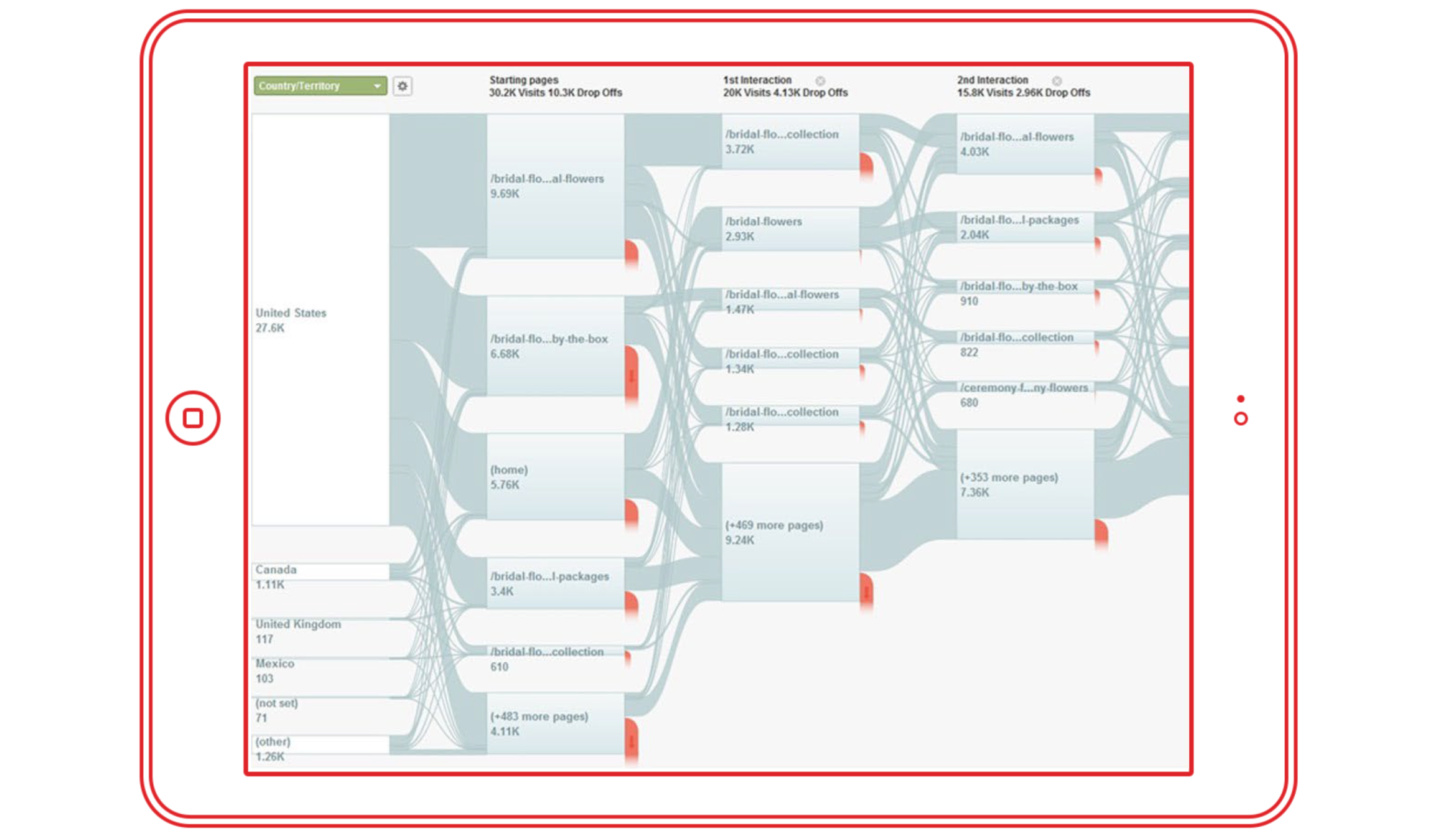 Improvements are evaluated based on A/B resting results, heatmaps and Google Analytics data.
Improvements are evaluated based on A/B resting results, heatmaps and Google Analytics data.
UX AUDIT TESTING SCENARIO
Scenarios of UX audit should be:
- Realistic
- Actionable
- Avoid clues and describing the steps while preparing a task
Scenarios could be based on your website analytical data and involve intuitively going through most visited parts/most problematic parts of a website (high page views number vs. high exit rate).
Since web store that we audited was operating for a month or so and did not have large number of available products — we decided to stick with a type of product which had large amount of variations, so we could make task more specific.
Test scenario:
Find a branded F-Type leather portfolio from the new collection
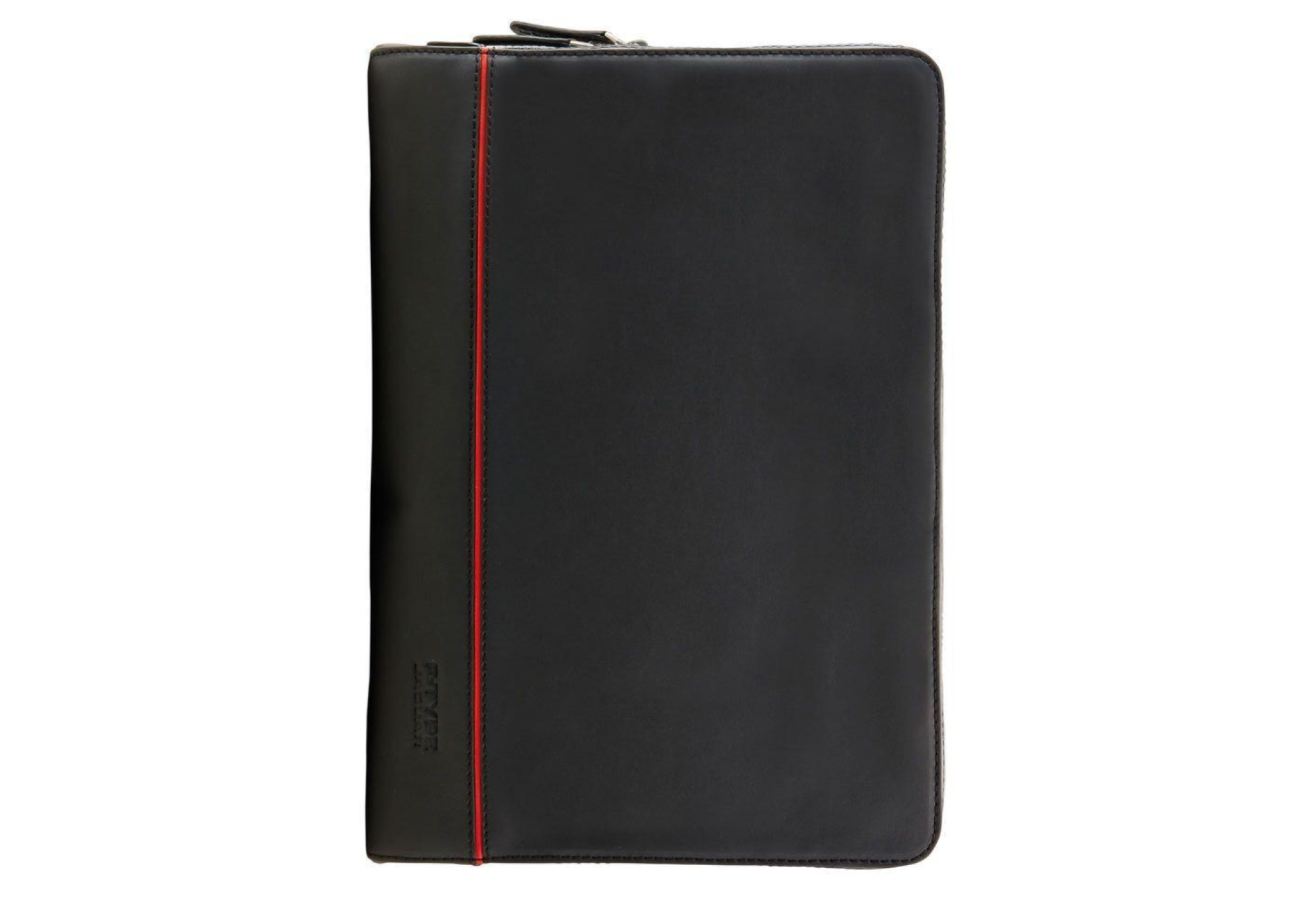
EYE-TRACKING HEATMAP ANALYSIS — Example #1
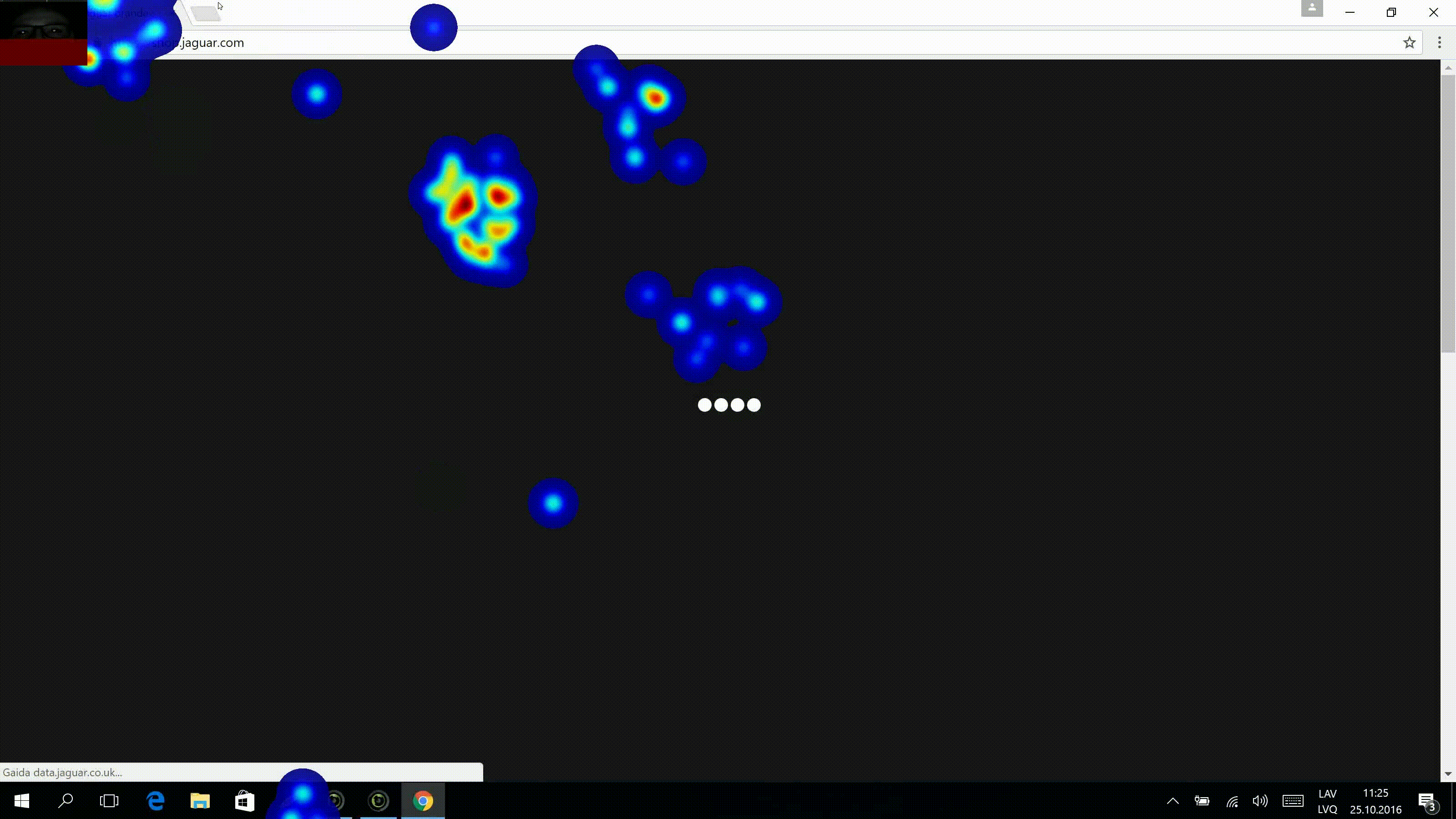 Eye-tracking heatmap, user recording example
Eye-tracking heatmap, user recording example
- User focused on the middle of the promo banner, this can be due to people tend to recognise faces.
- User tends to look at central product column.
These points could be partially explained by a website pre-loader animation in the middle of the screen.
Suggested improvements (1):
- Move offer text to the middle of the banner OR make it more prominent
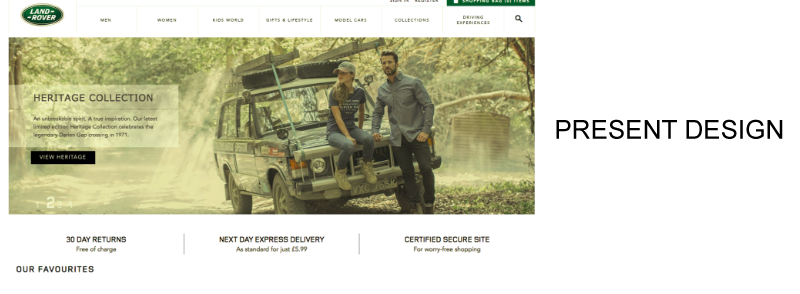
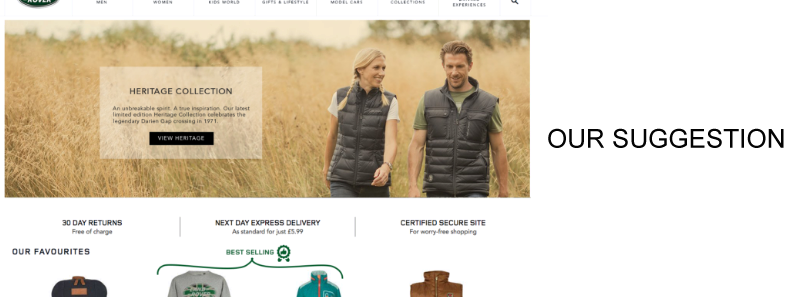
- Put bestselling products in the middle column vs current placement of products, since probability of a purchase goes up
OR
- Put most expensive products in the middle column vs current placement of products, it should create anchoring effect, so other products will seem less expensive for users.
EYE-TRACKING FIXATION POINTS ANALYSIS — Example #2
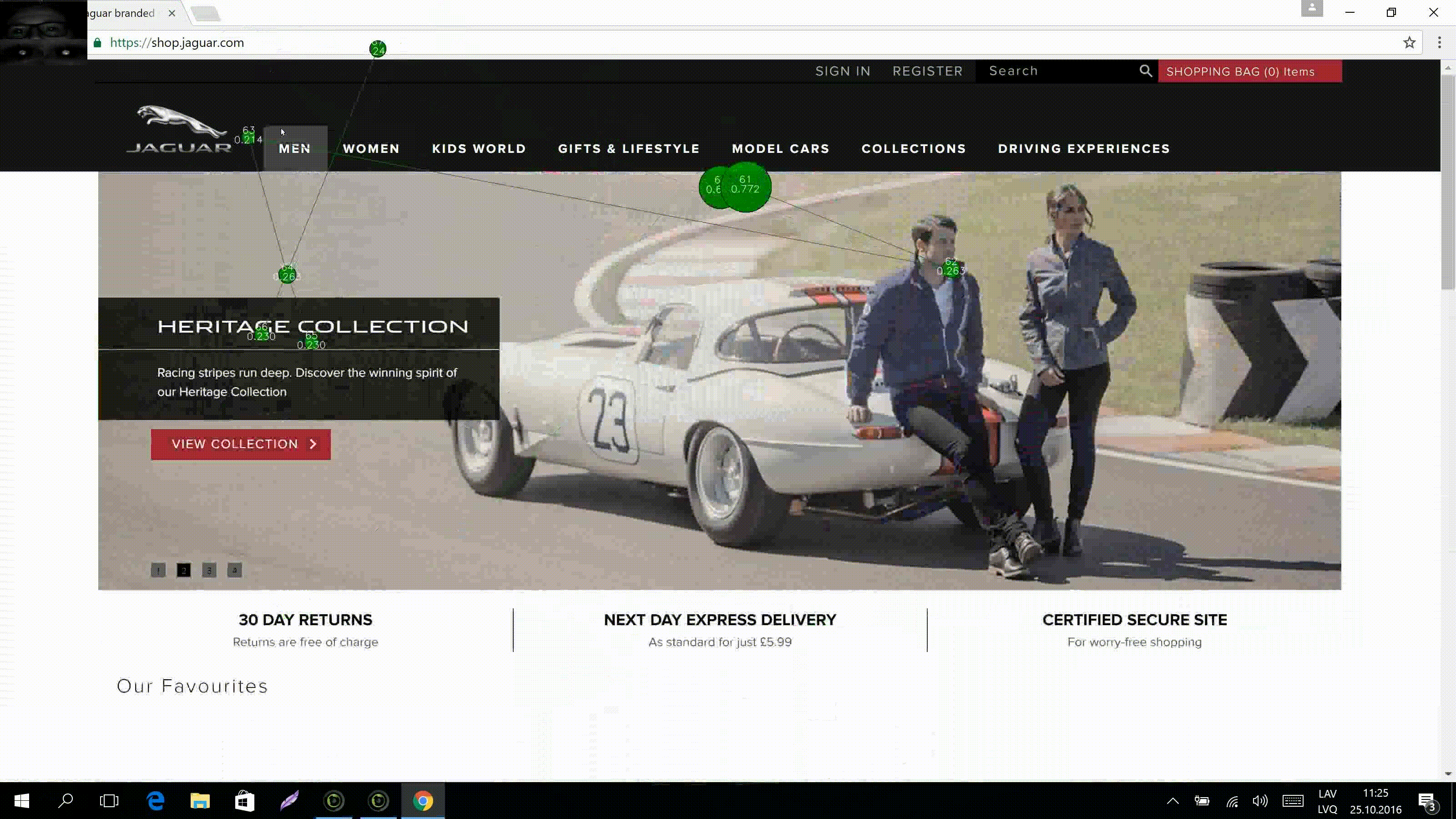 Eye-tracking fixation points, user recording example
Eye-tracking fixation points, user recording example
While navigating to subcategory user accidentally opening near located categories instead of clicking on a subcategory
Suggested improvements (2):
- Place subcategories right under parent category, increasing the height of the menu dropdown.


EYE-TRACKING OPACITY MAP ANALYSIS — Example #3
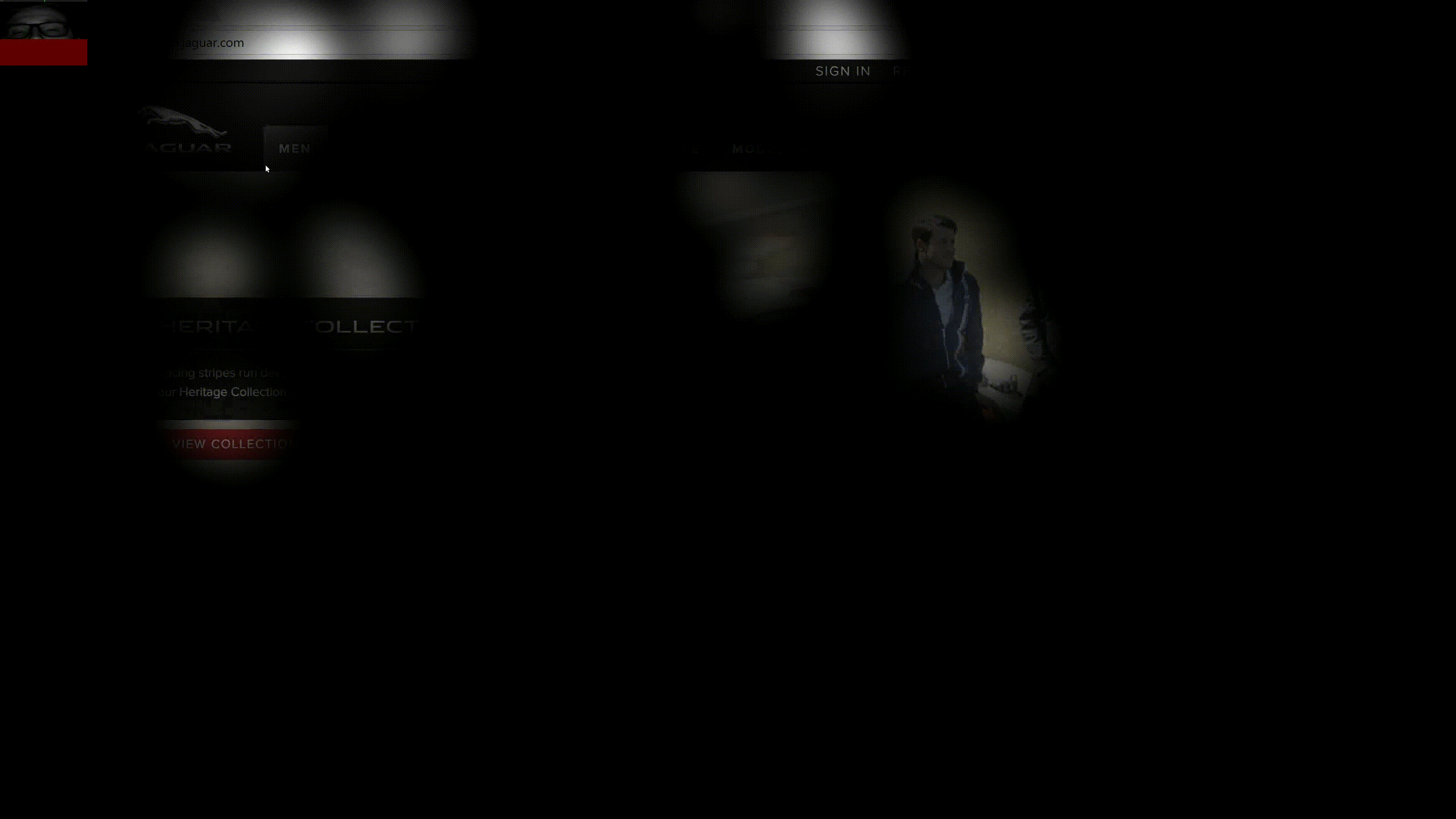 Eye-tracking opacity map, user recording example
Eye-tracking opacity map, user recording example
This recording represents opacity maps of user who is browsing the website using the navigation menu. Opacity map shows areas at which user focused his sight.
We can notice, that:
- Area above categories is in a range of user sight while user is searching a specific category.
- Search bar is out of users sight.
Suggested improvements (3):
- Move search tab to the side
OR
- Change search tab design to make it more noticeable


All these findings are not critical for website usage, and all the hypothesis should be validated with A/B tests to measure improvement success or failure.
However all the findings were vital for improvement suggestion development and will lead to better overall user experience on the website.
Let us help you:
Need help with improving the UX of your eCommerce store? We can help! With more than a decade of experience designing and handling eCommerce stores and a strong team of experts, Scandiweb can tackle any challenge. Shoot us a message to [email protected] or check out our CRO Services Page.
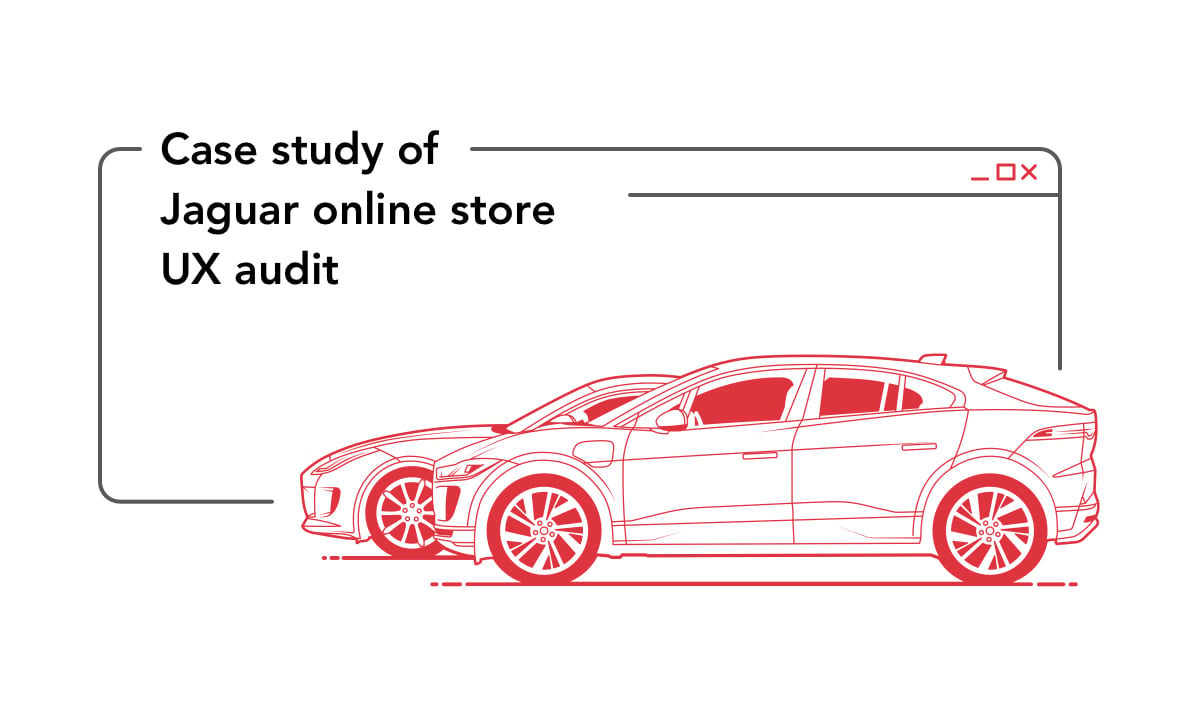


Share on: